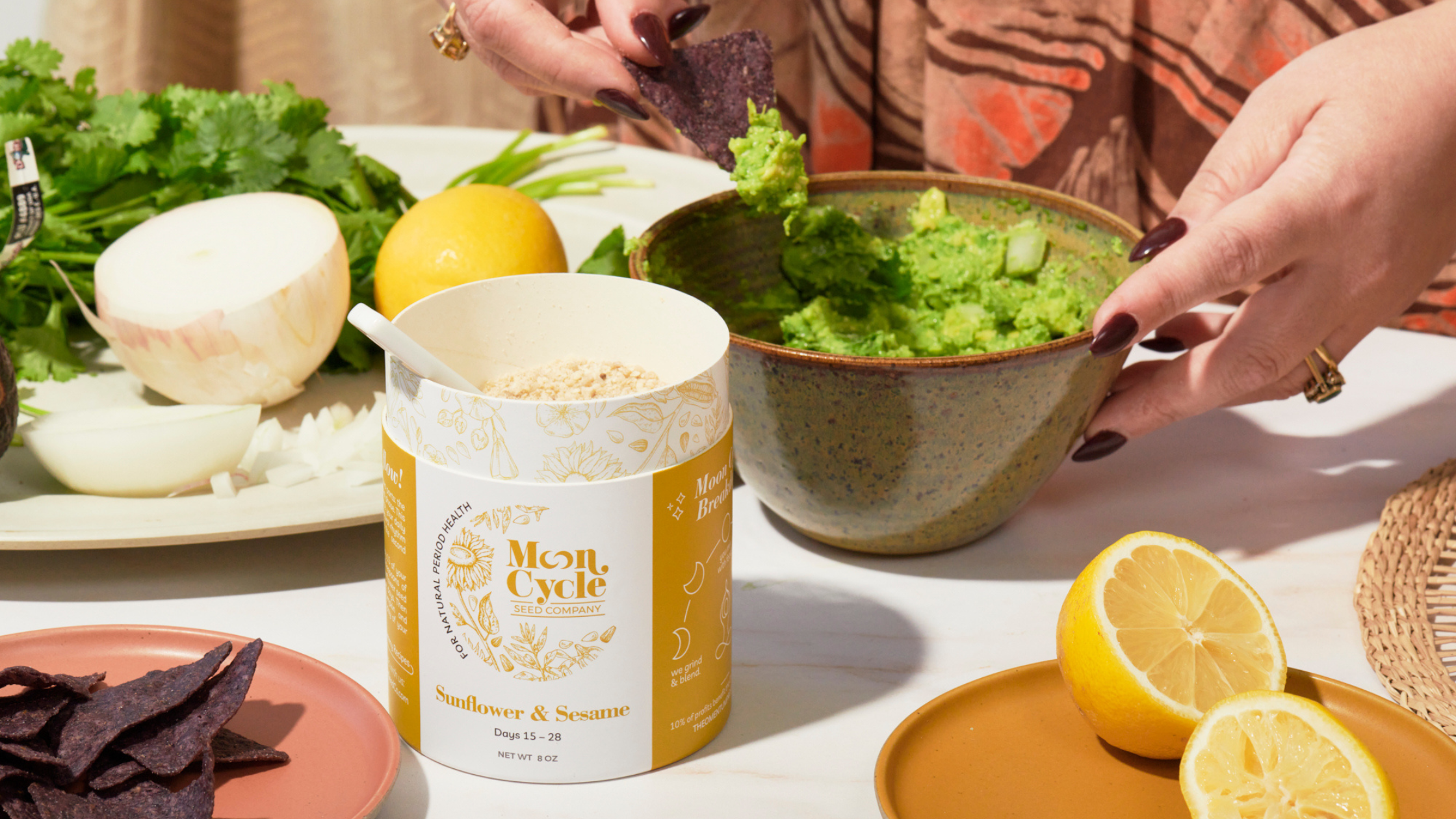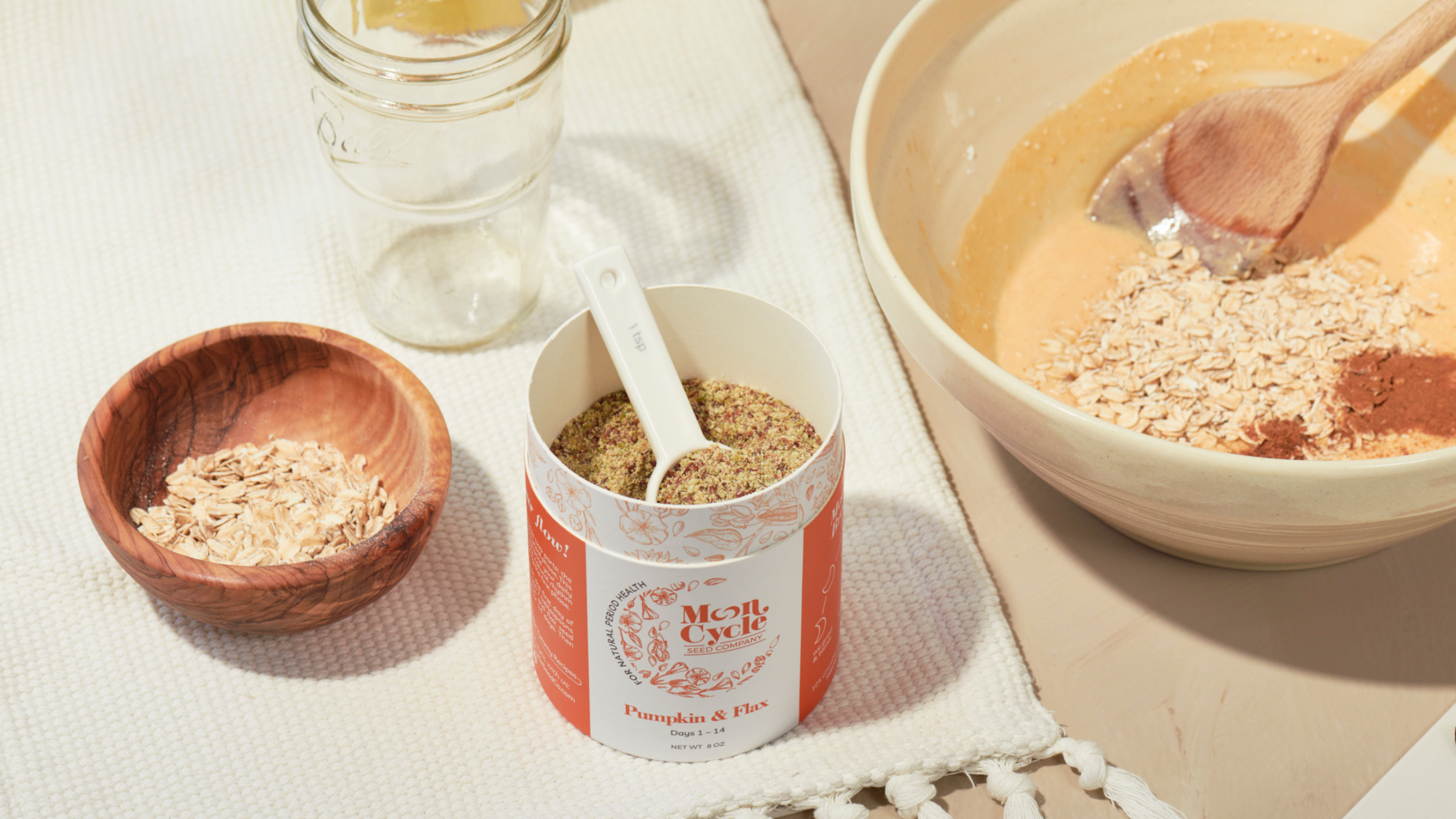
Why Hormone Health Matters for Osteoporosis Prevention
In the tapestry of our health, there are threads often woven in the background, silently influencing our well-being in ways we might not immediately recognize. One such thread is the connection between hormone health in our early years and the onset of osteoporosis in later life. It's a link that underscores the importance of paying attention to our bodies from adolescence onwards, as the choices we make then can profoundly impact our skeletal strength as we age.
Peak bone mineral density, the gold standard of bone health, occurs around the age of 30. But what many don't realize is that the foundation for this peak is laid much earlier. During our adolescent years, our bones are still developing, and what we do during this critical period can have a lasting impact on their strength and resilience.

Consider this: the nutrition we fuel our bodies with, the exercises we engage in, and even seemingly unrelated habits like drinking, smoking, or drug use (yes, even caffeine falls into this category!), all play a role in shaping our bone health trajectory. Even our sleep patterns can influence the intricate balance of hormones that regulate bone metabolism.
While osteoporosis may seem like a distant concern in our younger years, an unexpected diagnosis at age 45 or earlier can abruptly alter the course of our lives. Suddenly, simple joys like pursuing our passions or engaging in physical activities become fraught with fear of fractures and uncertainty about our future abilities.
But there's hope. There are proactive steps we can take to safeguard our bone health and mitigate the risk of osteoporosis. Here are four key solutions:
-
Invest in Professional Guidance: Consider investing in a trainer experienced in osteoporosis management. Programs like our in-person osteoporosis program in Saratoga Springs or our virtual program through Kaari offer tailored solutions to address bone health concerns. To learn more, give into In Motion's guidebook to osteoporosis wellness authored by Dr. Sarah Avery, DPT, our founder. And one simple step you can take today is to incorporate a weight vest with your walking into your routine, gradually increasing intensity to strengthen bones. (Please speak with a professional to be properly fitted, and to discover the correct weight, intensity, and frequency for you).
-
Nutrition Education: Seek out good nutrition education, particularly as it relates to hormone health and osteoporosis. Experts like Michaela can provide valuable insights into dietary choices that support bone health. Additionally, methods like seed cycling can help maintain hormonal balance, contributing to overall skeletal strength.
-
Medication Awareness and Hormone Balance: Educate yourself on the potential side effects of medications, including over-the-counter drugs, which could impact bone health in the long term.
-
Prioritize Sleep and Stress Management: Getting adequate sleep and maintaining a regular sleep schedule are crucial for hormonal balance, which in turn influences bone health. Stress management techniques can also play a significant role in maintaining consistent hormonal balance, ultimately contributing to long-term bone health.





